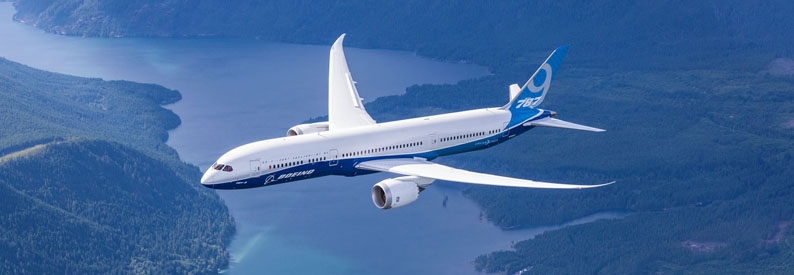Boeing working to fix 787 snags

Boeing (BOE, Chicago O’Hare) says it will take all the time it needs to sort out snags in its B787 production even though this continues to delay deliveries, underlining that none of the issues to be fixed present a flight safety concern regarding the in-service fleet.
The manufacturer, in a statement shared with ch-aviation, was reacting to US news reports quoting Boeing customers that B787 deliveries may only resume by April 2022. As a result, several carriers were studying extending leases or returning to service B777-300(ER)s that had been grounded during the pandemic, reported Leeham News.
“We are completing comprehensive inspections and associated rework across B787 production and within the supply chain while holding detailed, transparent discussions with the FAA, suppliers and our customers.
“Work continues in our production facility and rates will continue to be dynamic as we focus on eliminating travelled work and prioritise resources to support our inspection and rework efforts.
“We are taking the time needed to ensure the highest levels of quality, and while these efforts will continue to impact deliveries, we’re confident this is the right approach to drive stability and first-time quality across our operations and to position the programme for the long term as market demand recovers.
“None of the issues have been determined to present a safety of flight concern with respect to the active in-service fleet,” Boeing said.
As reported, Boeing in May halted deliveries of the B787 just two months after restarting them following a five-month hiatus.
The Seattle Times last month quoted an internal FAA memo indicating that Boeing engineers were discovering more and more manufacturing defects as they were taking the B787s apart. Amongst the latest concerns were minuscule gaps discovered at the joins of large fuselage sections, the forward pressure bulkhead, and in the structure surrounding the passenger and cargo doors. These defects were thought to be present in more than 1,000 Dreamliners. While not considered an immediate safety concern, they could cause premature ageing of the airframe, the FAA memo said. Earlier in the year, Boeing had detected defects in the composite material during fabrication.
The production and delivery delays have left Boeing with more than USD25 billion of Dreamliners in its inventory, according to a recent report by The Washington Post.
